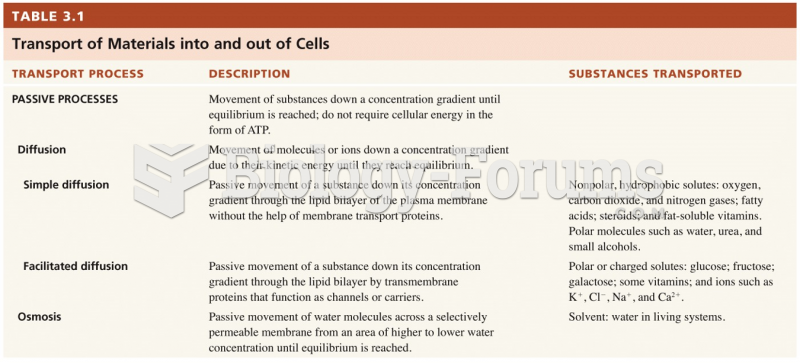Answer to Question 1
Prior relationships between defendants and victims are more common than generally assumed. In half of all felony arrests in New York, the victim had a prior relationship with the defendant. Prior relationships were frequent in cases of homicide and assault and cases of robbery. Other studies reach a similar conclusion. Nationwide, roughly half of all violent crimes (rape, assault, and robbery) are committed by relatives, friends, or acquaintances of the victim (Truman, 2011). Homicides, in particular, are usually committed not by strangers but by someone the victim knows by sight; in fact, the victim and the perpetrator are strangers in only 14 percent of all murders (Fox and Zawitz, 2007). Criminal court officials often regard crimes involving people who know one another as not very serious, viewing them as private disputes rather than offenses against the entire community. The prior relationship between victims and defendants is most apparent in crimes against women. Women are much more likely than men to experience violence committed by an intimate partner, such as a current or former spouse, lover, or boyfriends or girlfriends, including same-sex relationships. Measuring violence between intimate partners is difficult because it often occurs in private and victims are often reluctant to report incidents to anyone because of shame or fear of reprisal. Historically, police officers made an arrest only as a last resortif taking the suspect into custody seemed the only way to ensure no more violence that night. In the late 1970s through the 1980s, however, this attitude began to change as domestic violence can to be understood a serious social problem. The police have been urged to make more arrests, and prosecutors to file charges, no matter what the wishes of the victim. Researchers report that arrest reduces domestic violence in some cities but increases it in others (Schmidt and Sherman, 1993). Although some exceptions exist, most studies to date indicate that criminal justice interventions deter intimate-partner violence or improve victim safety (Cosimo, 2011; Spohn, 2008). Arrests, however, do not always lead to prosecutions. Many women call the police to stop the violence but later have a change of heart and refuse to sign a complaint.
Answer to Question 2
False







